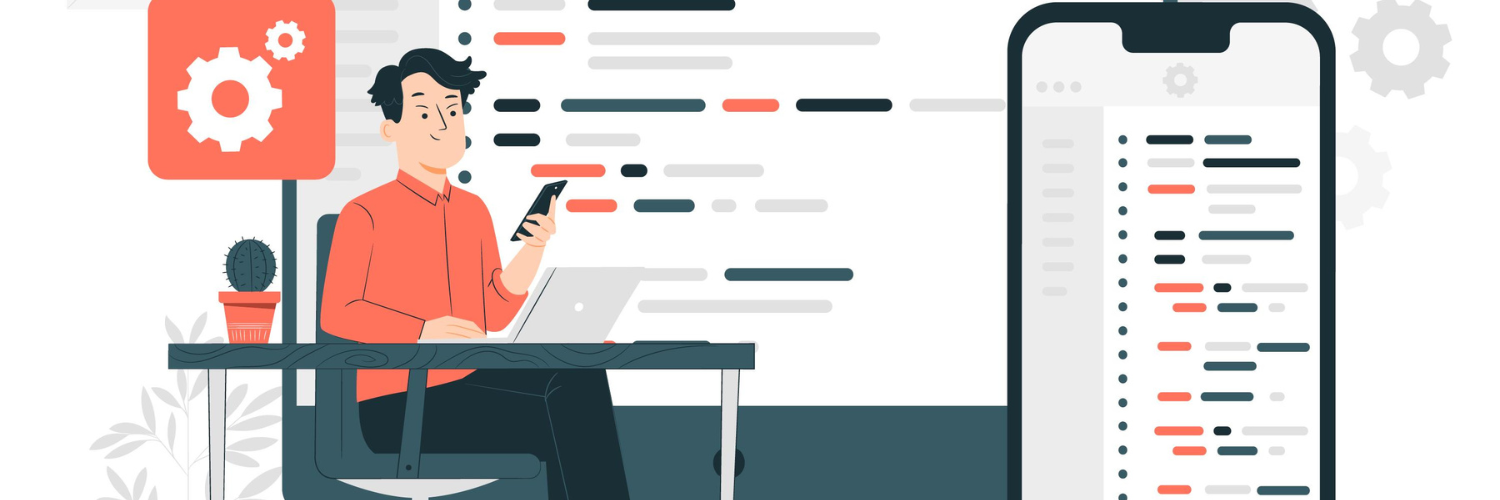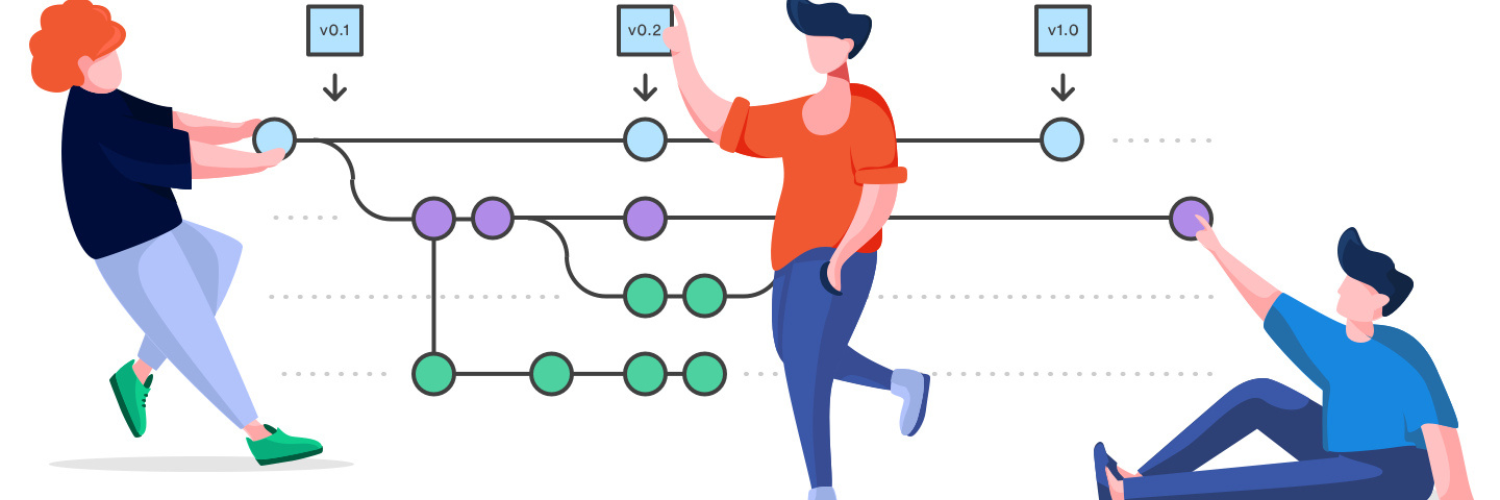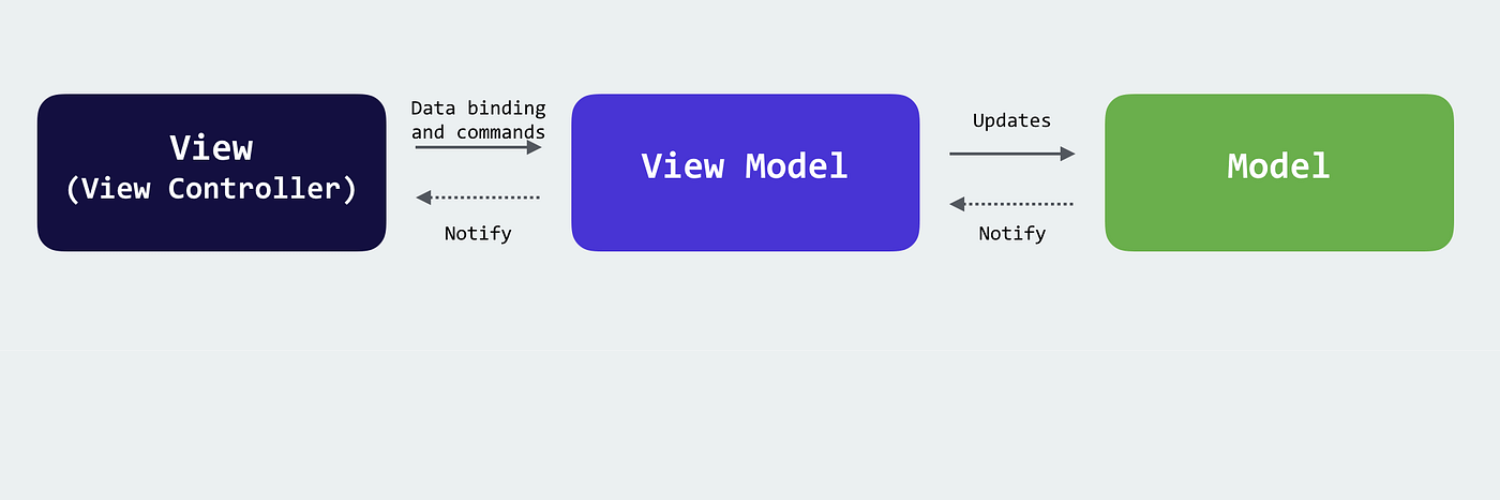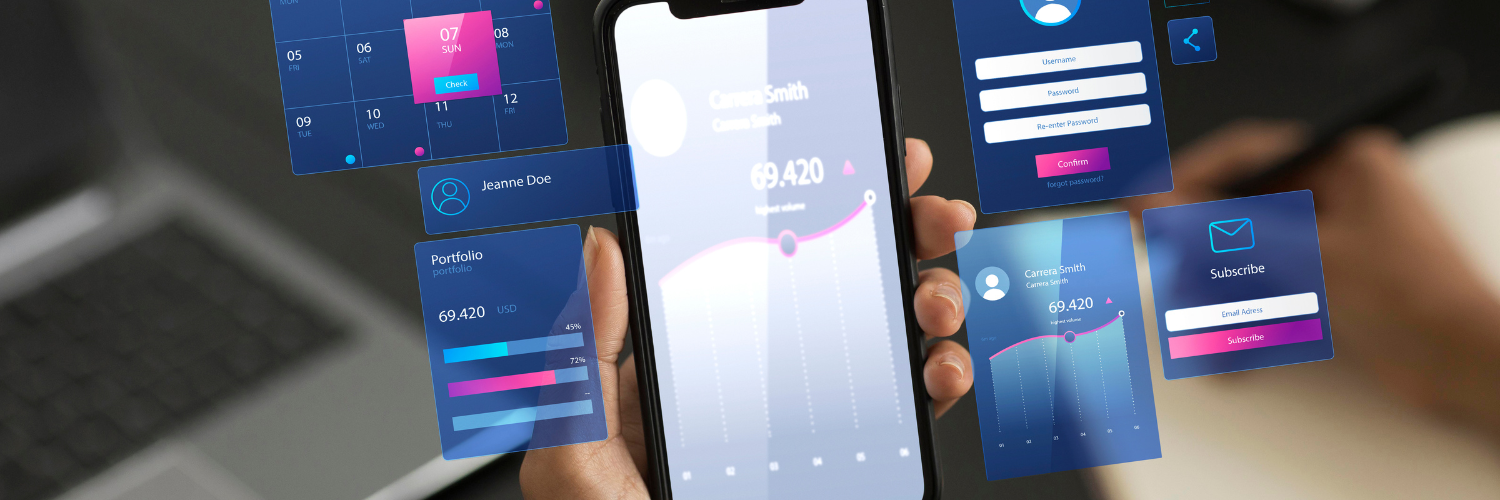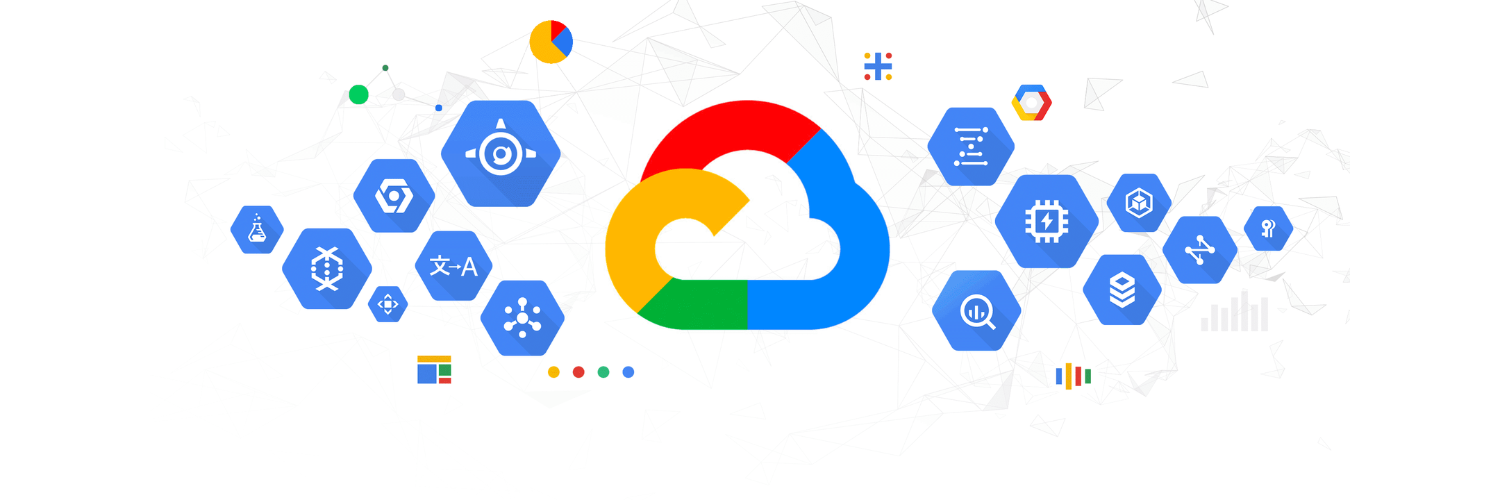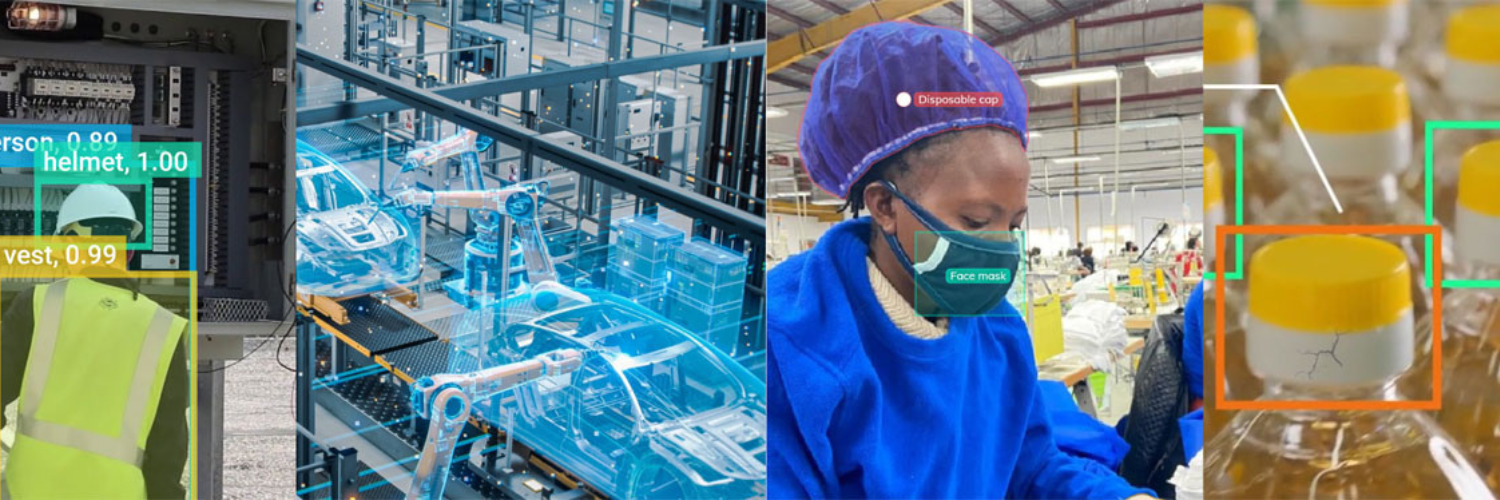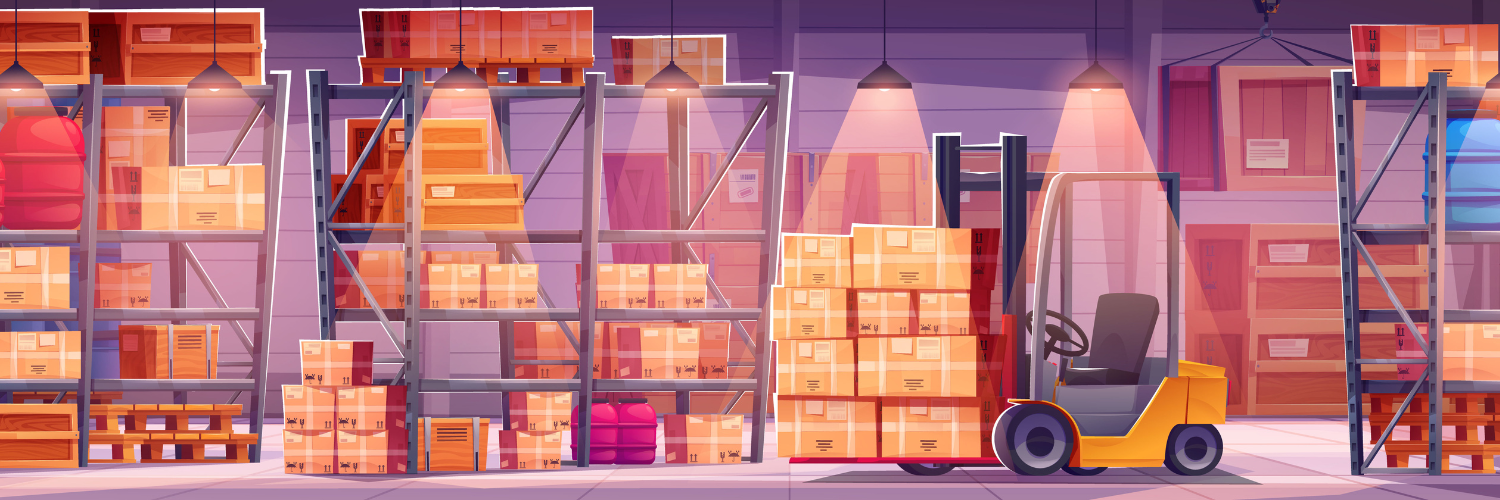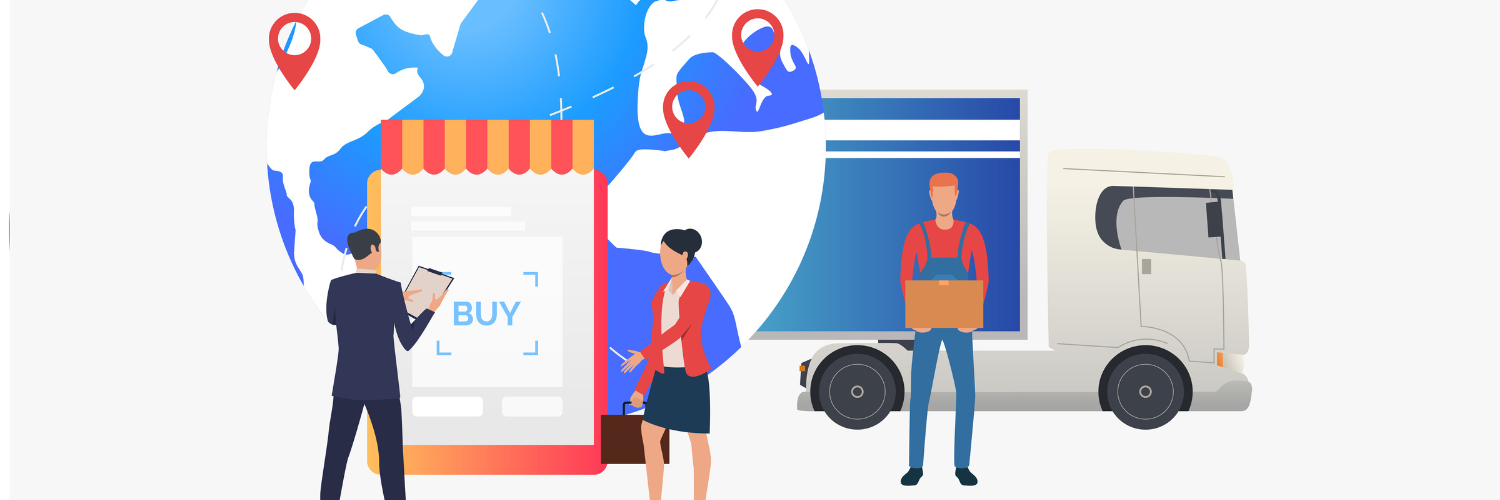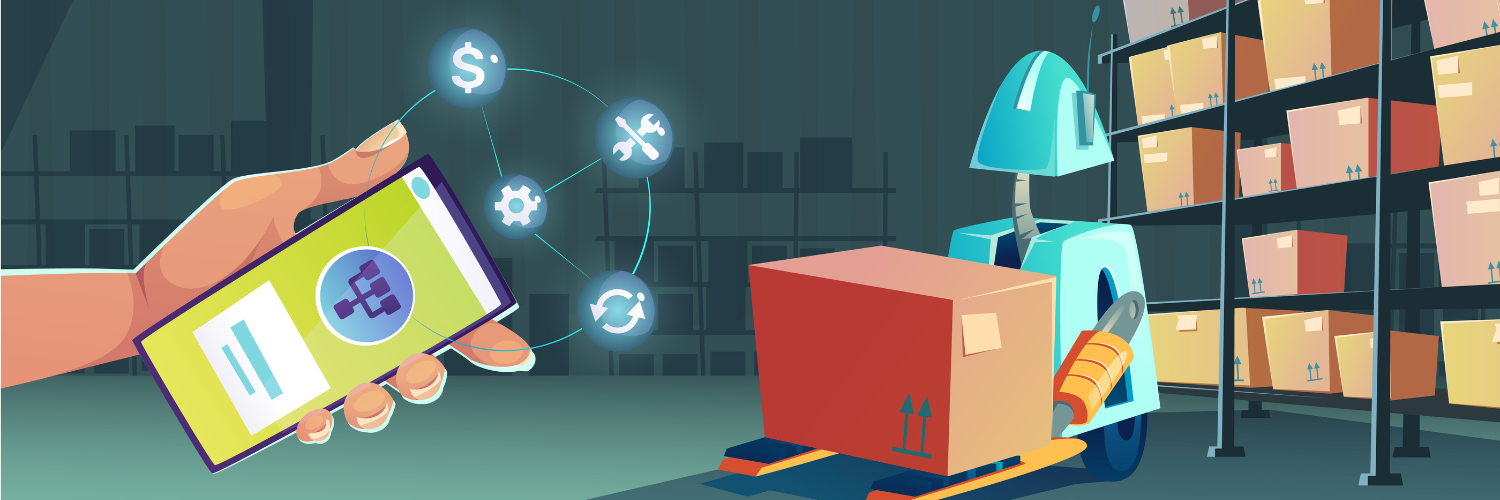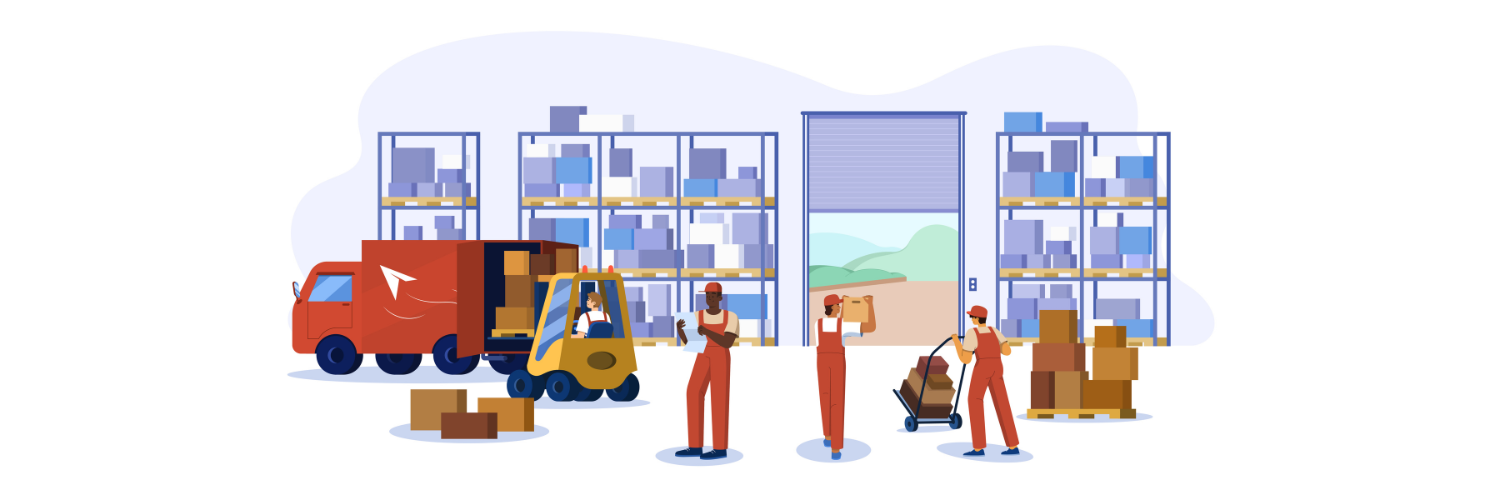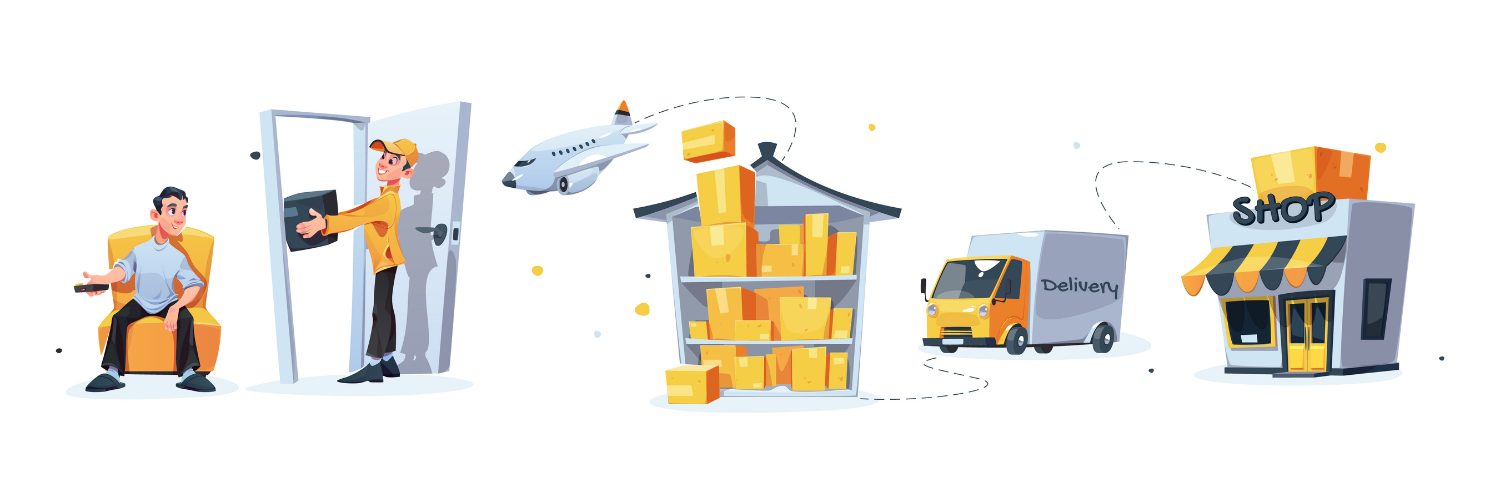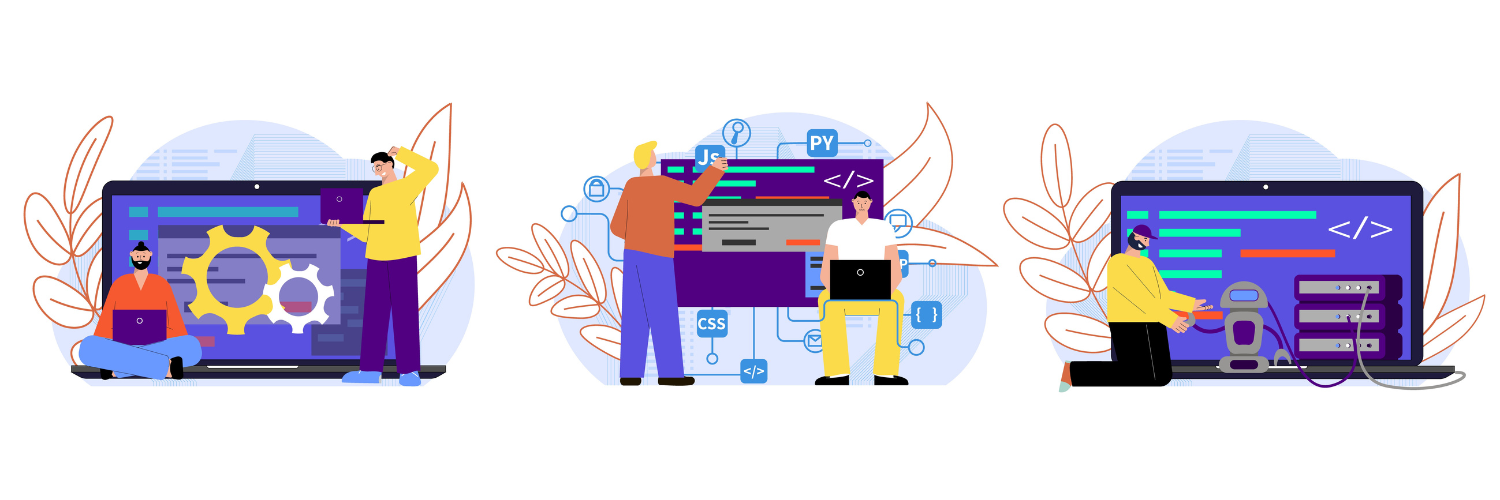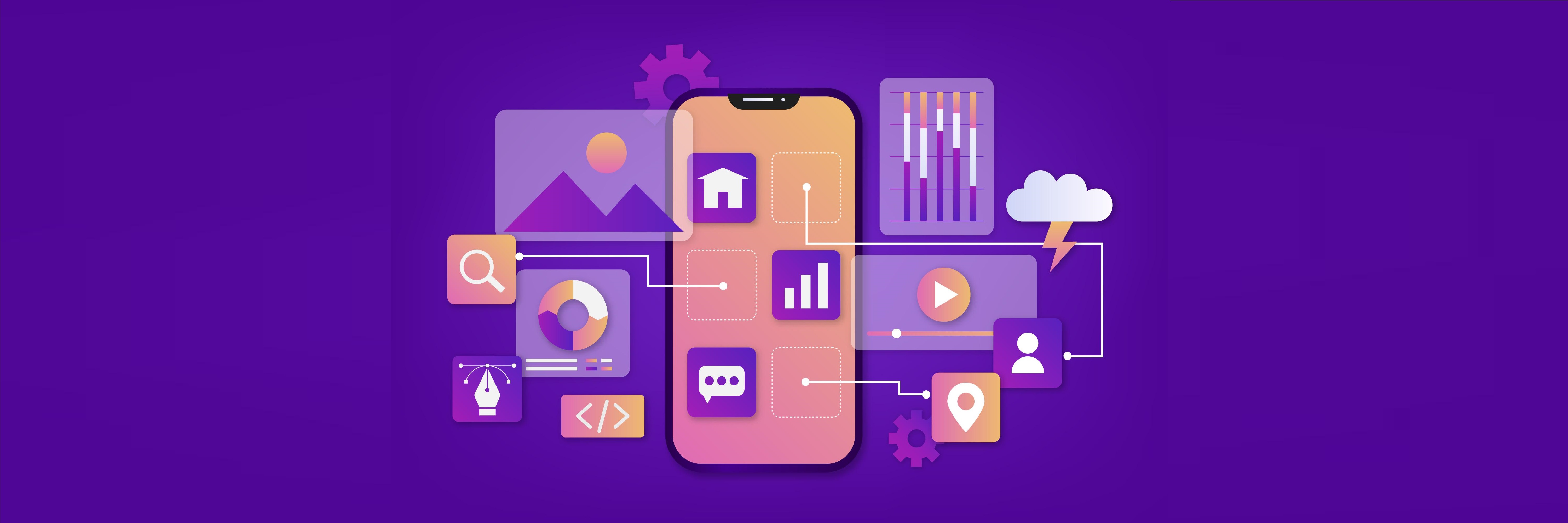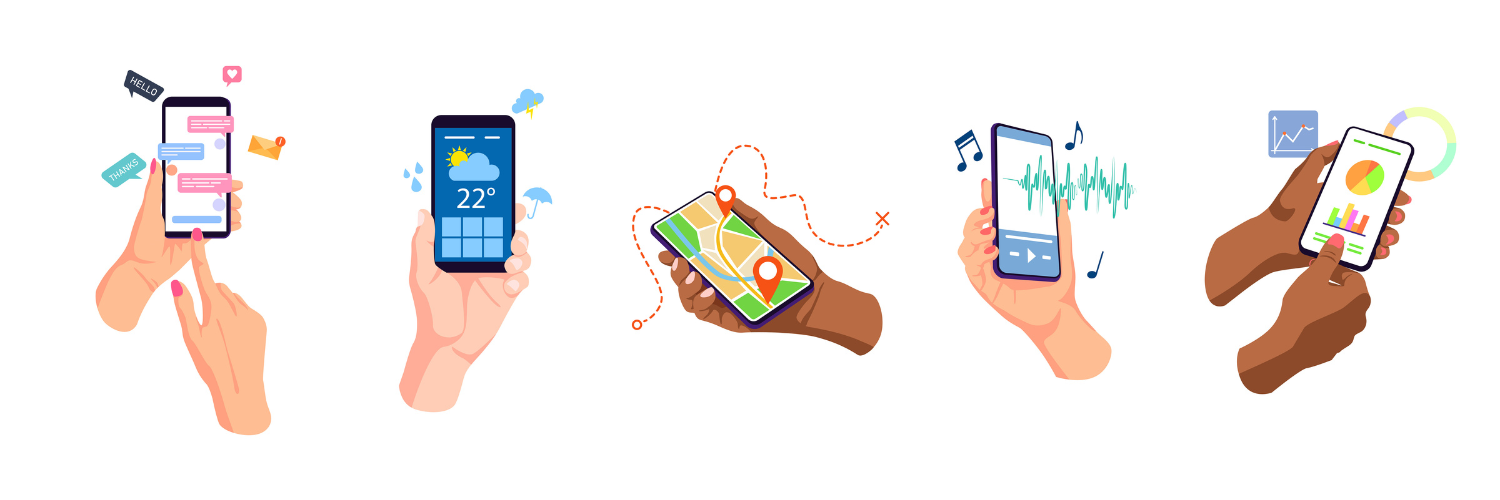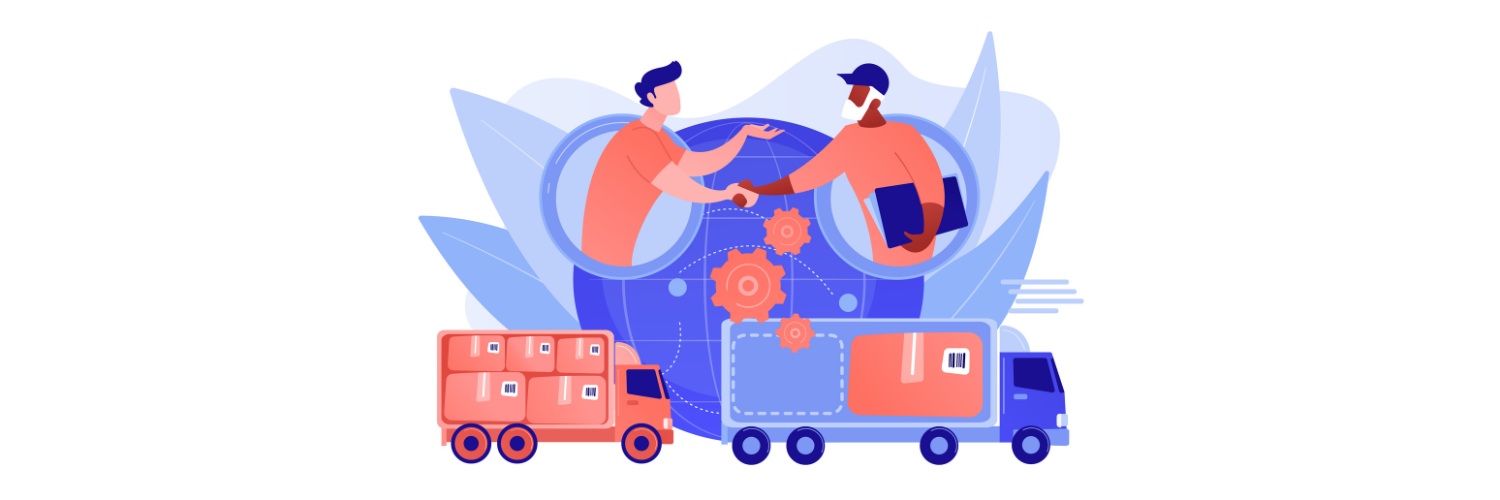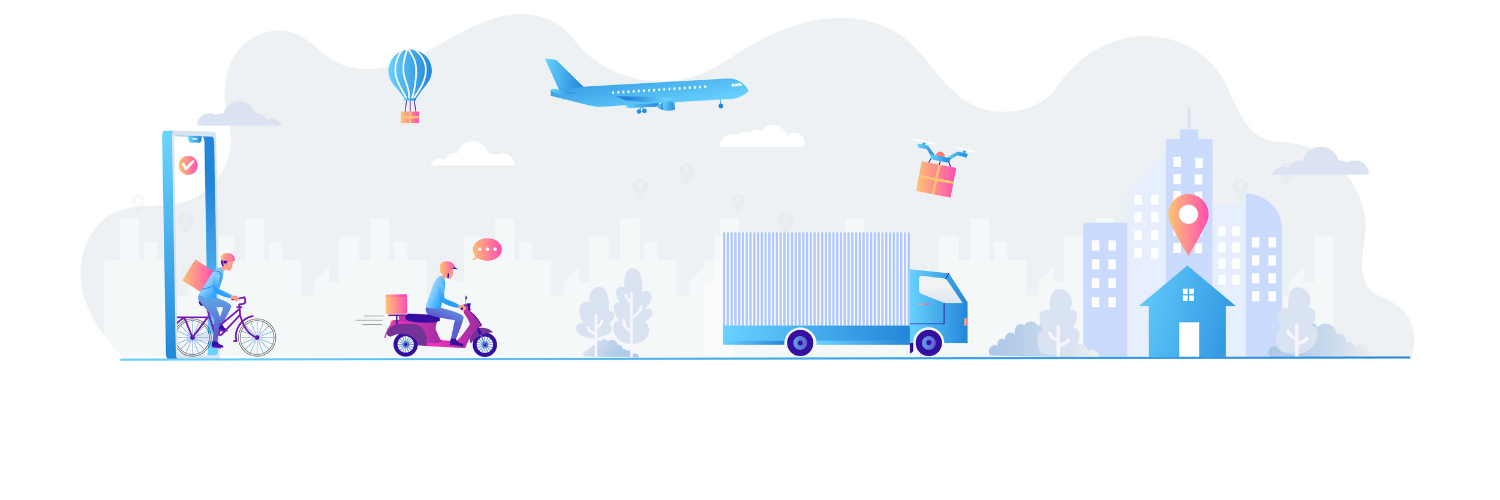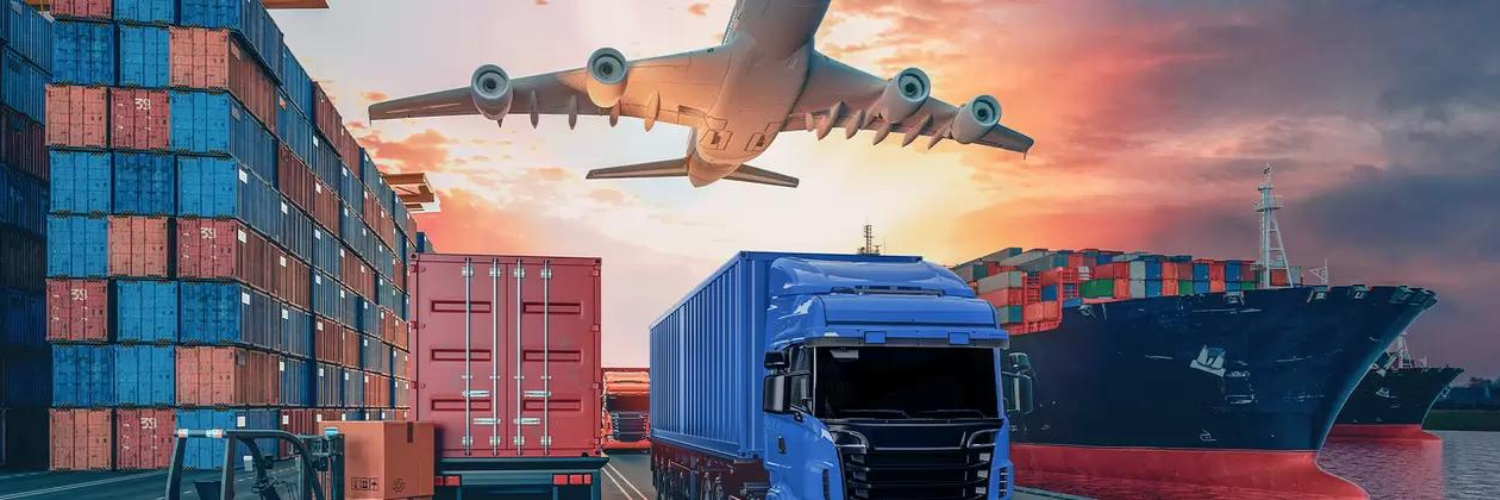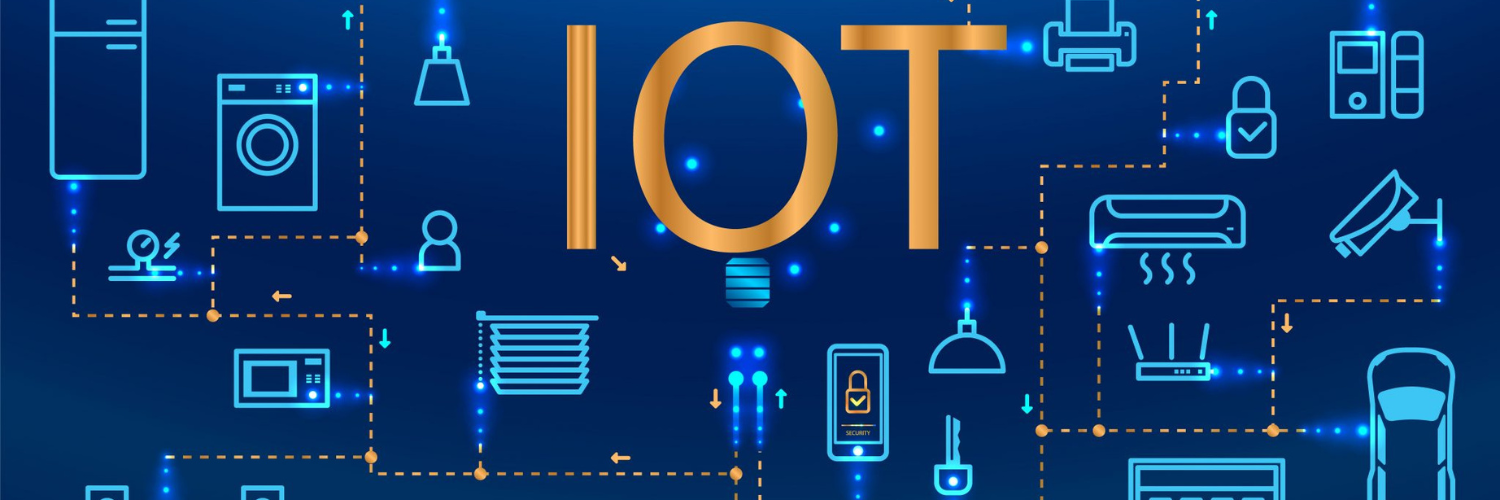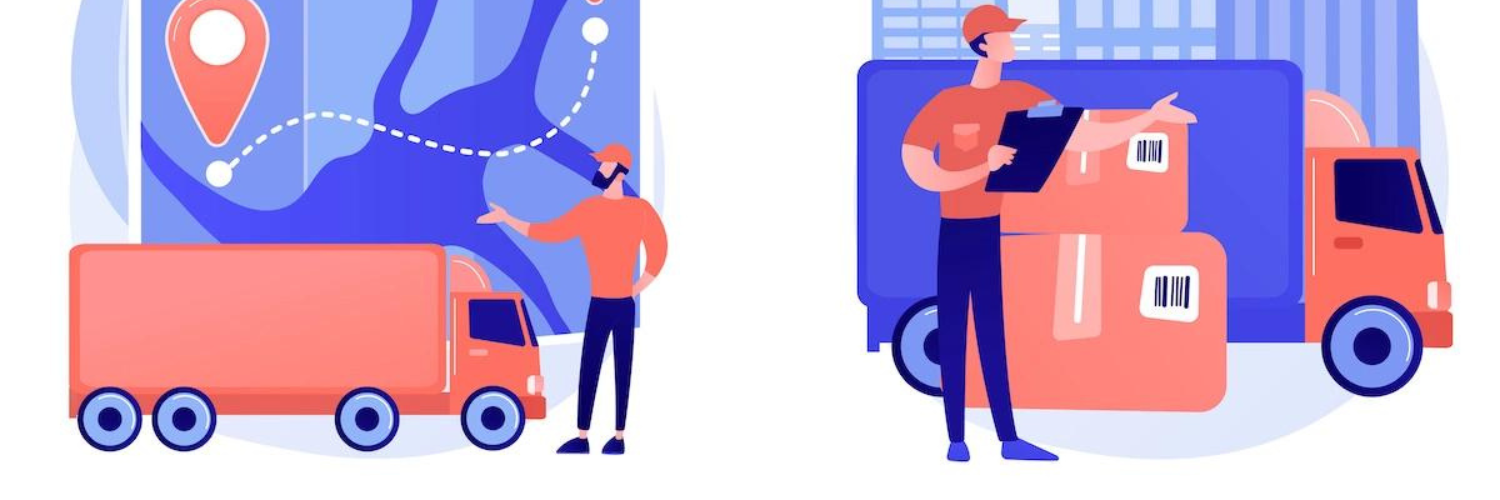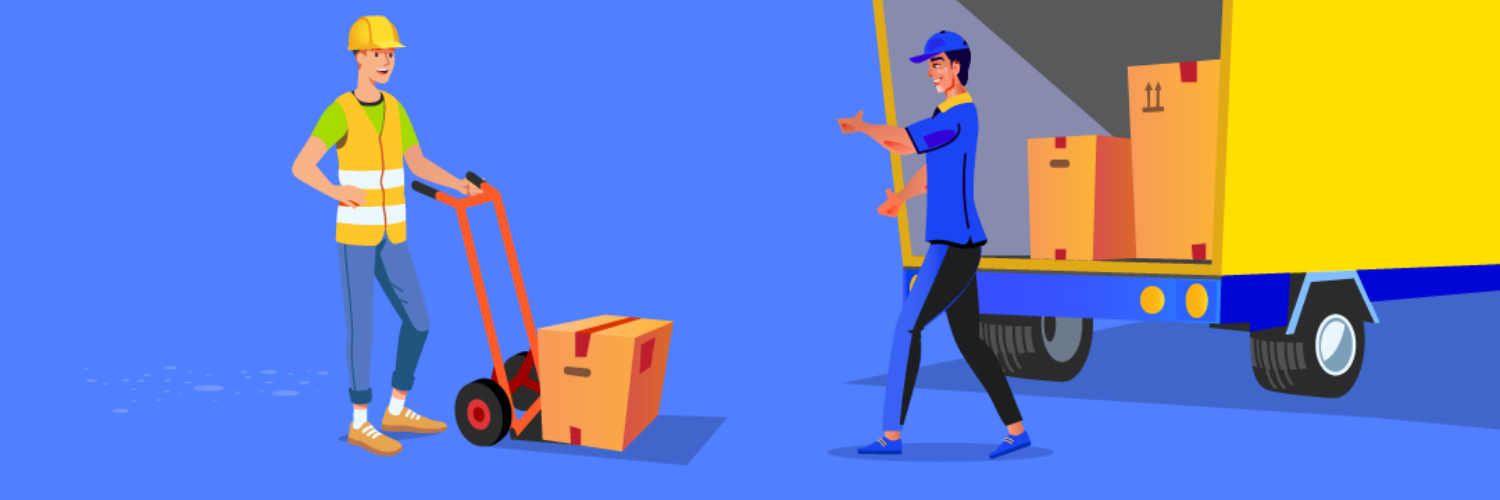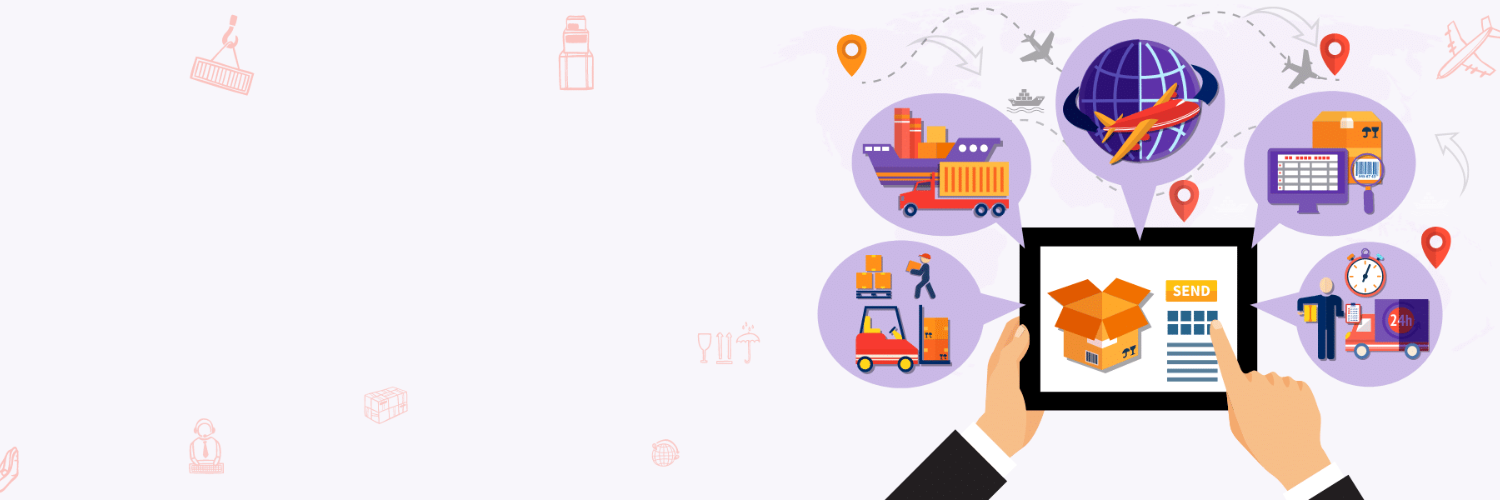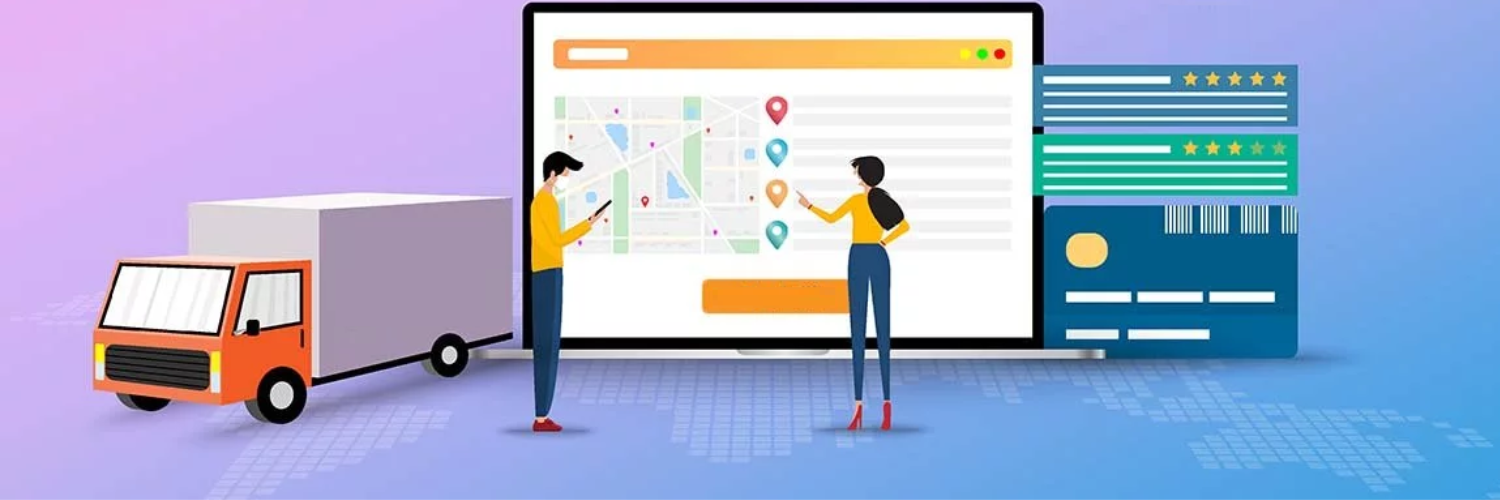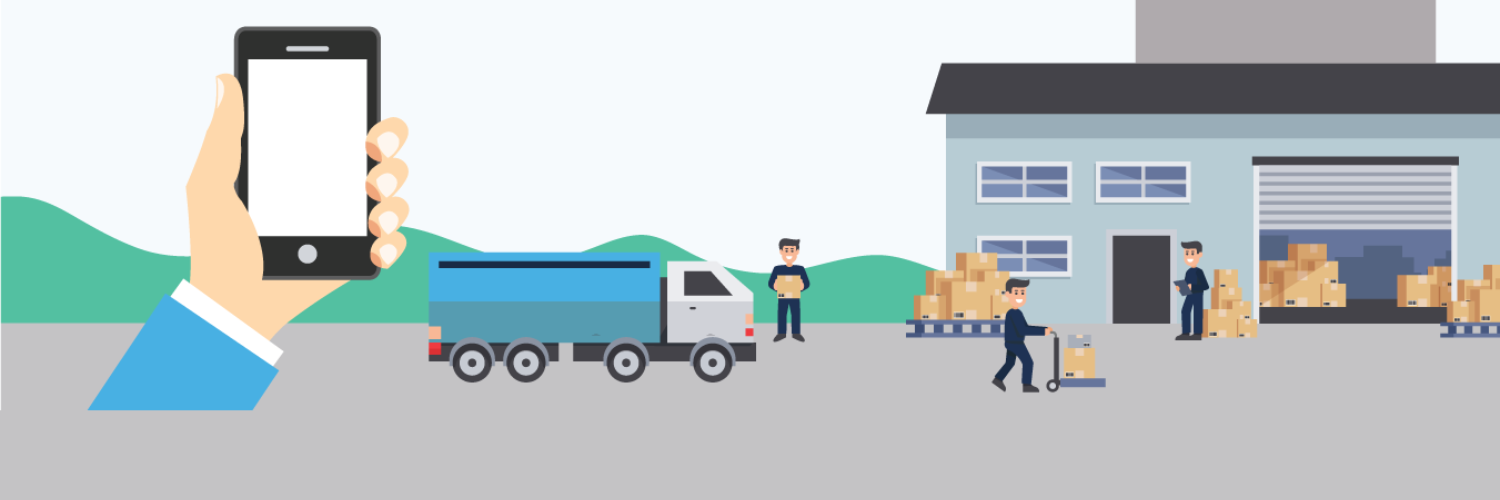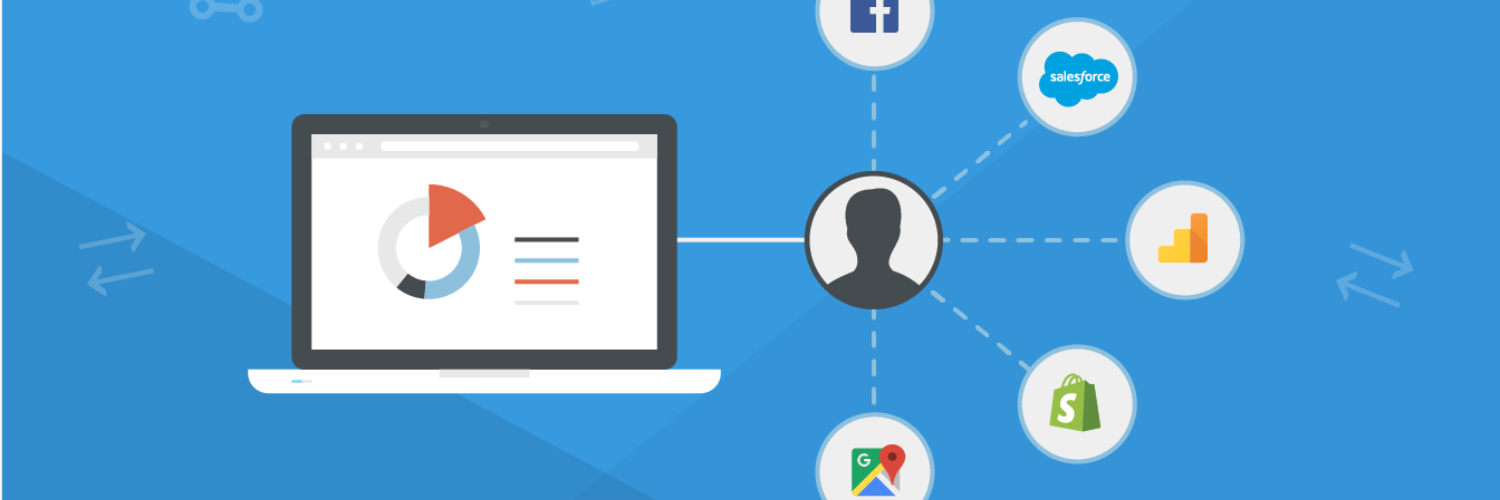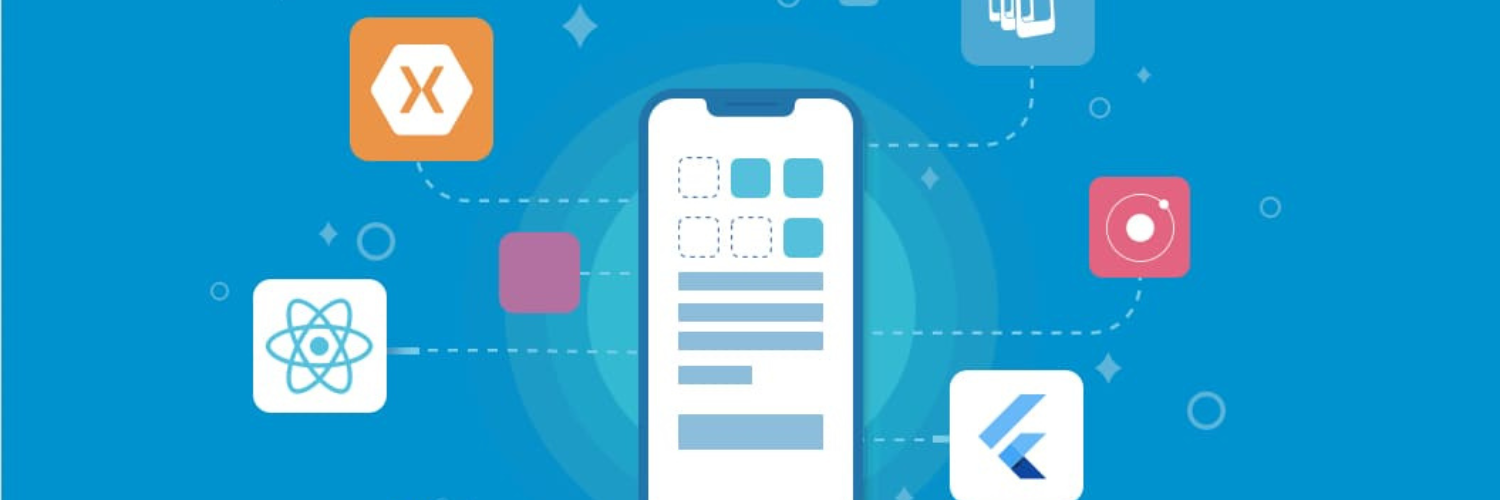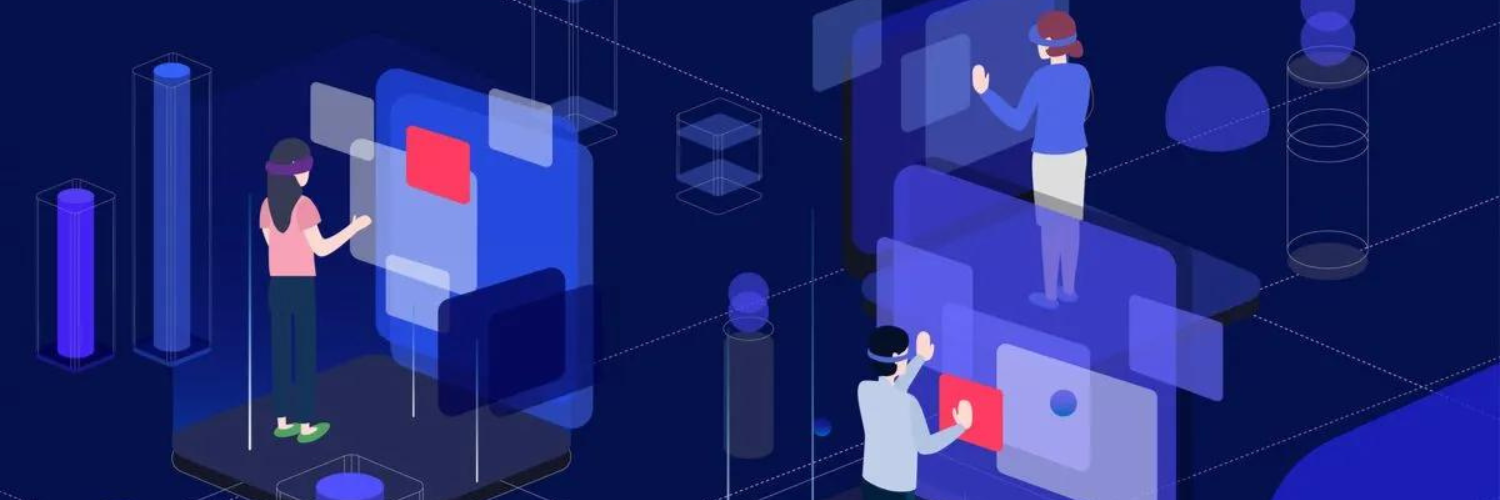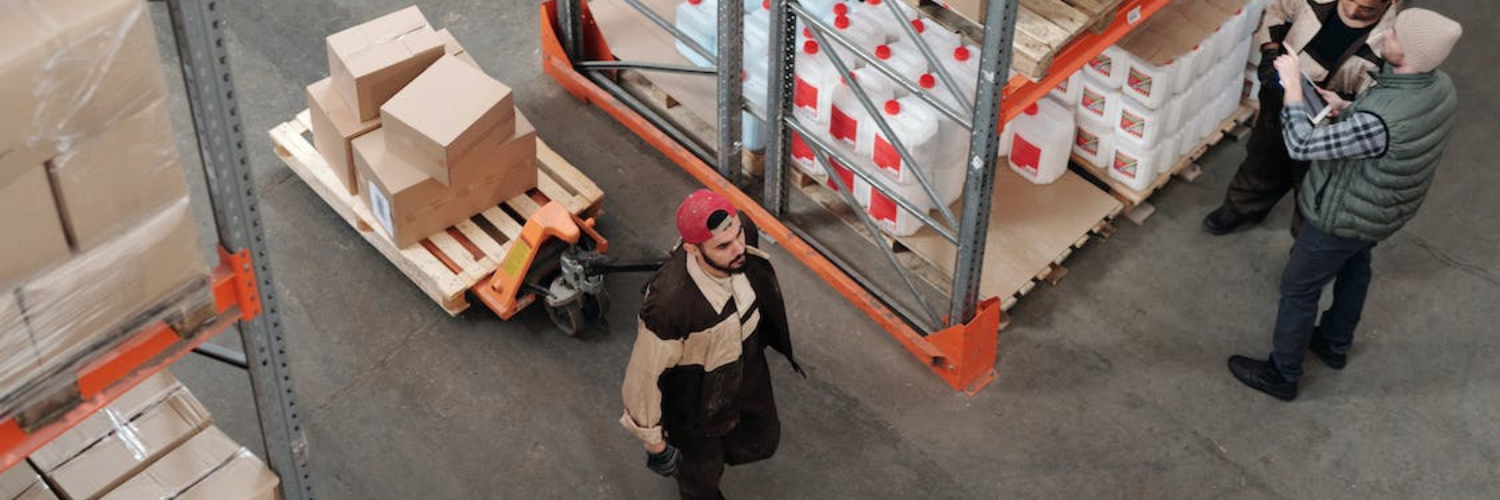Mobile app localization is the process of adapting an app's user interface and functionality in different target markets. Explore the most effective ways to make app localization work for your business activity.
According to Statista, there are about 6.89 billion smartphone users worldwide, which means that 83.89% of the world’s population people currently uses their smartphones.
Just think of Airbnb—the company that began in its founders’ apartment and is now in over 220 countries across the globe, growing from a value of zero to approximately $75B today. Would this be possible without great localization strategies? The answer is no.
Nowadays, by leveraging mobile app localization technologies, companies can provide a convenient, in-language experience for customers, employees, and partners worldwide. Having a mobile app in a customer-preferred language increases the visibility and downloads of a company’s app while also boosting revenues and customer loyalty.
However, it is a multi-step process that requires a sound strategy and robust technology.
Definition of mobile app localization
App localization refers to the process of adapting your app to different geographies, languages, and markets, that go far beyond translating an app page and interface. It is a tactic that ensures users have a smooth journey to an in-app conversion in a targeted market.
Today, the localization plan is detailed long before the product release, and the software development process takes this plan into account.
Cultural peculiarities are very important for localization. For example, spelling, the meaning of words, and other linguistic features created throughout the history of a particular region. That’s why, for example, Google Play supports seven variants of the English language, three variants of Chinese, Spanish, etc.
Other elements of localization include measurement units, color perception, typical design styles, payment and delivery methods, ethics, voice-over language options, and more.
For example, three countries (including the USA) still officially use the Imperial system, while other states such as Canada and India use it only in certain contexts: for example, inches are used there to measure the diameter of pizza, wheel rims, pipes, etc. Such cultural features cannot be skipped, especially in the case of online shopping and other retail apps.
And finally, mobile app localization must include adapting software to the relevant local requirements of Google Play and Apple Store. The process includes the translation and adoption of in-store titles, descriptions, texts on screenshots, and keywords. When done properly, the localized application has a much greater chances to be downloaded more often.
Why Is localization so important?
Mobile app localization is essential to make a software product available in its target markets. For businesses, covering larger audiences means earning more money. For customers, it offers a better user experience and easier usage.
There are billions of app users worldwide who can’t be reached without localization. It lets you target app users in almost any country around the globe and maximize your app’s exposure and coverage.
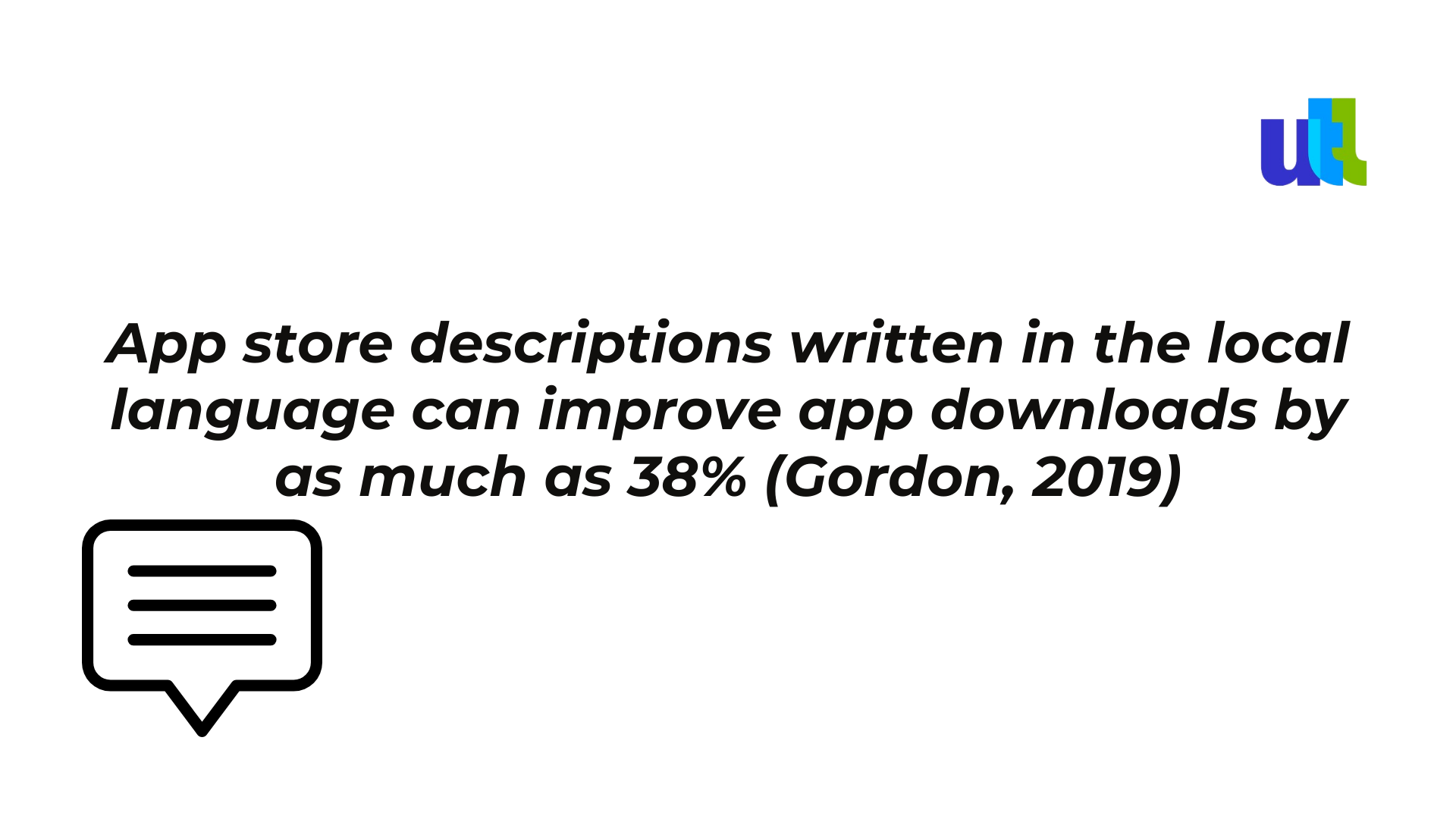
Additionally, a well-performed localization shows users that the developers care about them, acknowledging the importance of that audience, their appreciation and support.
Benefits of mobile application localization for businesses
Localization is a reasonable investment that greatly improves the final product and offers valuable advantages. There are three main benefits:
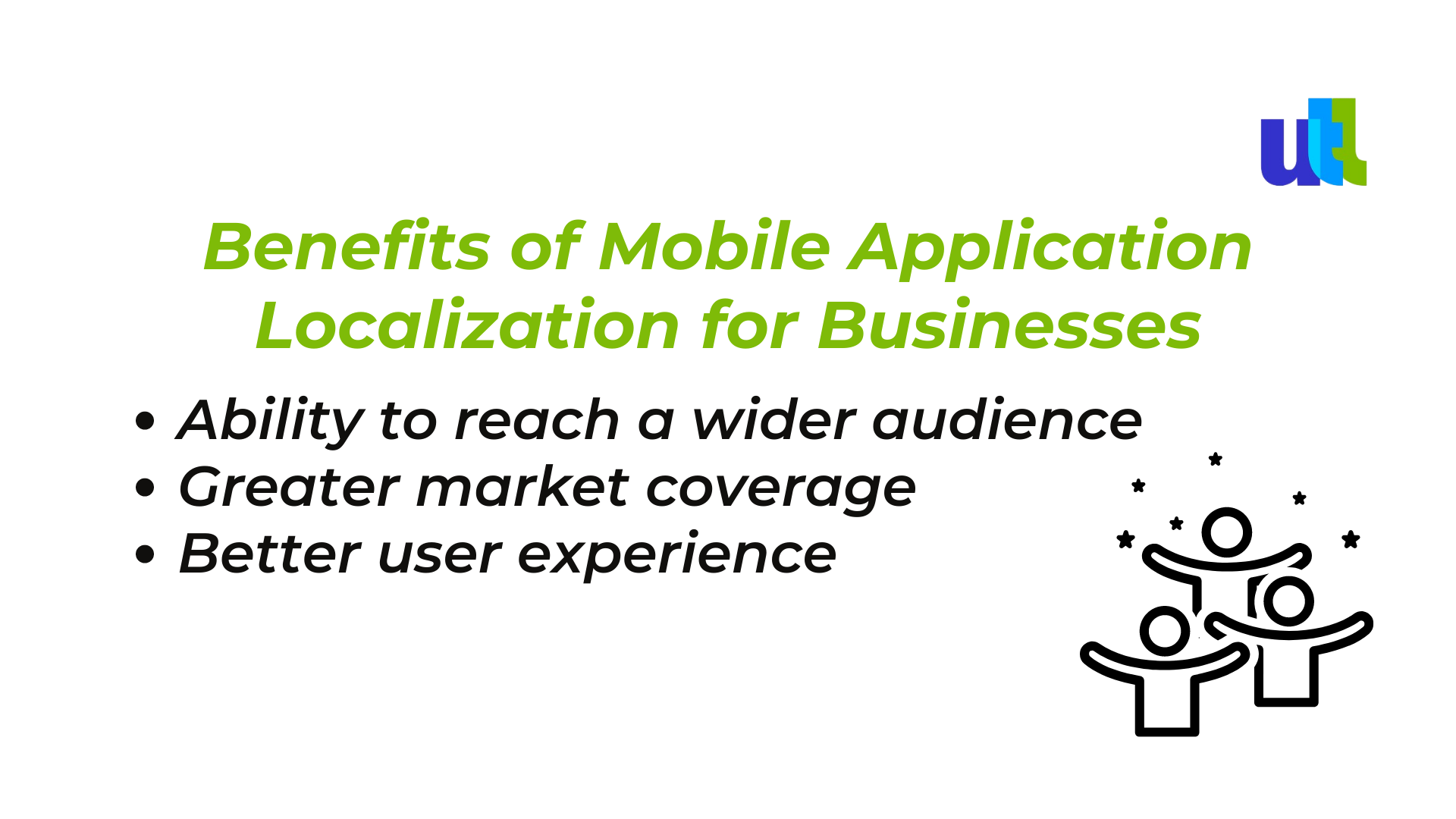
Together, they lead to more downloads and better user engagement, thus, more profits from sales, advertising, or other monetization strategies. In the case of enterprise-oriented applications, localization may improve productivity and communication between offices and branches.
There are two main types of app localization to consider, depending on your scope:
- Minimum viable localization (MVL)
- Full localization
What’s their difference?
MVL aims at localizing only the app’s key features or content, app store descriptions, and app store metadata. It demands less effort and resources than full app localization and, thus, is perfect for early-stage app startups that prioritize a fast time to market and a high ROI.
Global app companies aimed at creating a fully localized app and maximizing their app’s reach, user base, revenue opportunities, and ROI should consider full app localization. This entails a much larger investment, adapting every app element for each target market, app store localization included. Full app localization means users across all markets feel at home when using your app.
Planning mobile app localization: technical aspects
The process starts with strategy. In other words, you need a solid plan.
Localization is more effective if it is planned in advance together with internationalization. In this case, internationalization refers to designing a future application in such a way that allows easy adaptation to different target markets without engineering difficulties.
Software developers need to foresee the necessity of editing particular parts after the release, find a way to extract only the required part of the content, such as one string of text or one image, and implement the possibility of integrating new localized resources into the existing application in a fast and seamless manner.
Extracting the text is just a part of the process. It is necessary to maintain the original structure in the extracted text and ensure the consistency of the terminology, while also considering lots of design options, dialogue windows, or separate text elements, such as labeled buttons.
Conclusions
Adapting a mobile app to different markets involves lots of steps. The process of localization is rather complex, even with the help of modern automated tools. It requires expertise and knowledge, hard work of translators, copywriters, editors, web designers, and other specialists.
To fully leverage the benefits of mobile application localization and avoid most of the investment risks you need the help of a competent team. Where to find it?
Utah Tech Labs is an American multinational software company that specializes in web and mobile app development services and has experience in delivering digital solutions for both local and foreign audiences. For a top-notch mobile application that goes global, visit our contact page.
For free consultation about mobile app localization click here.
----------------------------------------------------------------------------------------------
View the full presentation:
WRITTEN BY
Sofia Kutko
2023-06-02








